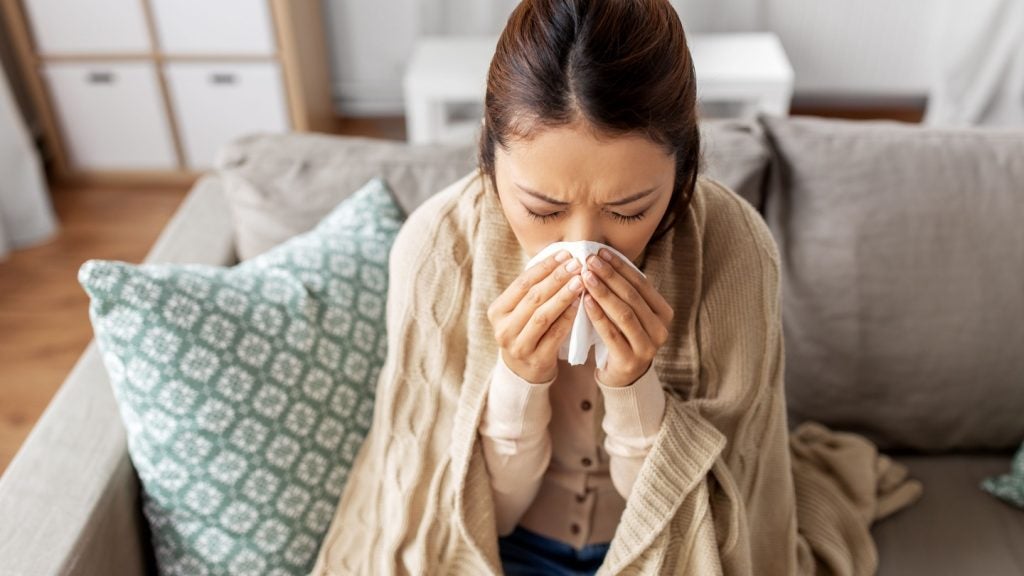Petrovax has announced encouraging findings from the Long-CoV-III-21 trial, a randomised, double-blind, placebo-controlled study evaluating the efficacy and safety of Longidaza (3000 U) for treating long-term pulmonary complications associated with COVID-19. The trial, which enrolled 392 patients across 37 clinical sites, demonstrated that Longidaza significantly reduces exercise intolerance in the overall study population and accelerates lung function recovery in high-risk groups.
Professor Sergey Avdeev, Principal Investigator of the Trial and Head of the Department of Pulmonology at Sechenov University, stated, “Long COVID continues to be a significant clinical concern, despite the acute phase of the pandemic having passed. Longidaza offers hope for patients struggling with dyspnea, fatigue, and reduced physical capacity helping to improve their quality of life.”
Long COVID develops in 10-20% of infected individuals. This condition manifests with a diverse array of symptoms, such as fatigue, breathlessness, and reduced exercise capacity, often persisting for months or even years after COVID-19. A subset of long COVID patients develop pulmonary sequelae, characterized by lung function impairment and fibrotic-like changes in lung tissue, which can result in lasting functional limitations. Current treatments for post-COVID pulmonary sequelae lack strong clinical evidence, leaving many patients without reliable therapeutic options.
Longidaza (bovhyaluronidase azoximer) is a polymer-conjugated hyaluronidase targeting hyaluronic acid, a key regulator of fibrotic and inflammatory response. Preclinical animal studies suggested Longidaza’s potential to mitigate fibrosis, while a pilot study involving 160 post-COVID-19 patients revealed improvements in patients’ pulmonary function, respiratory symptoms, and exercise tolerance. These findings encouraged researchers to initiate a larger, randomized trial.
In the Long-CoV-III-12 trial, the study drug and placebo were both administered as intramuscular injections (one dose every 5 days) over a 71-day period, with the observation period lasting up to Day 180. By the final day of treatment (Day 71), patients receiving Longidaza were 62% less likely to have reduced blood oxygen concentration (OR = 0.35, p = 0.0051) and 27% less likely to report dyspnea after exercise (OR = 0.62, p = 0.043) compared to the placebo group. The study also showed improvements in dyspnea at rest and exercise capacity. These effects lasted until the end of the observation period, suggesting potential long-term benefits.
Although Londigaza did not affect lung function in the overall population, notable gains were observed in specific subgroups, highlighting Longidaza’s potential to accelerate pulmonary recovery in high-risk populations. In patients with cardiovascular comorbidities, Forced Vital Capacity, a pulmonary function indicator, grew by 16% compared to 12.7% in the placebo group (diff=3.31%, p=0.042). Among patients infected with earlier, more severe SARS-CoV-2 variants, recovery rate was 15.9% in the Longidaza group versus 11.7% in the placebo group (difference = 4.17%, p = 0.021).
Moreover, elderly patients over 60 years treated with Longidaza were 23% more likely to achieve a ≥10% increase in Forced Vital Capacity compared to the placebo group. Female patients were 20% more likely to report a ≥10% improvement.
Longidaza has a well-established safety profile, with over 3 million doses administered to patients across eight markets. The drug is frequently used as an anti-inflammatory and anti-adhesion therapy. In addition to long COVID, the drug is being explored in interstitial lung diseases. The research team has recently established the safety of Longidaza’s inhaled form in a Phase 1 study. A Phase 2 trial assessing efficacy of the treatment for idiopathic pulmonary fibrosis is planned for 2025.













